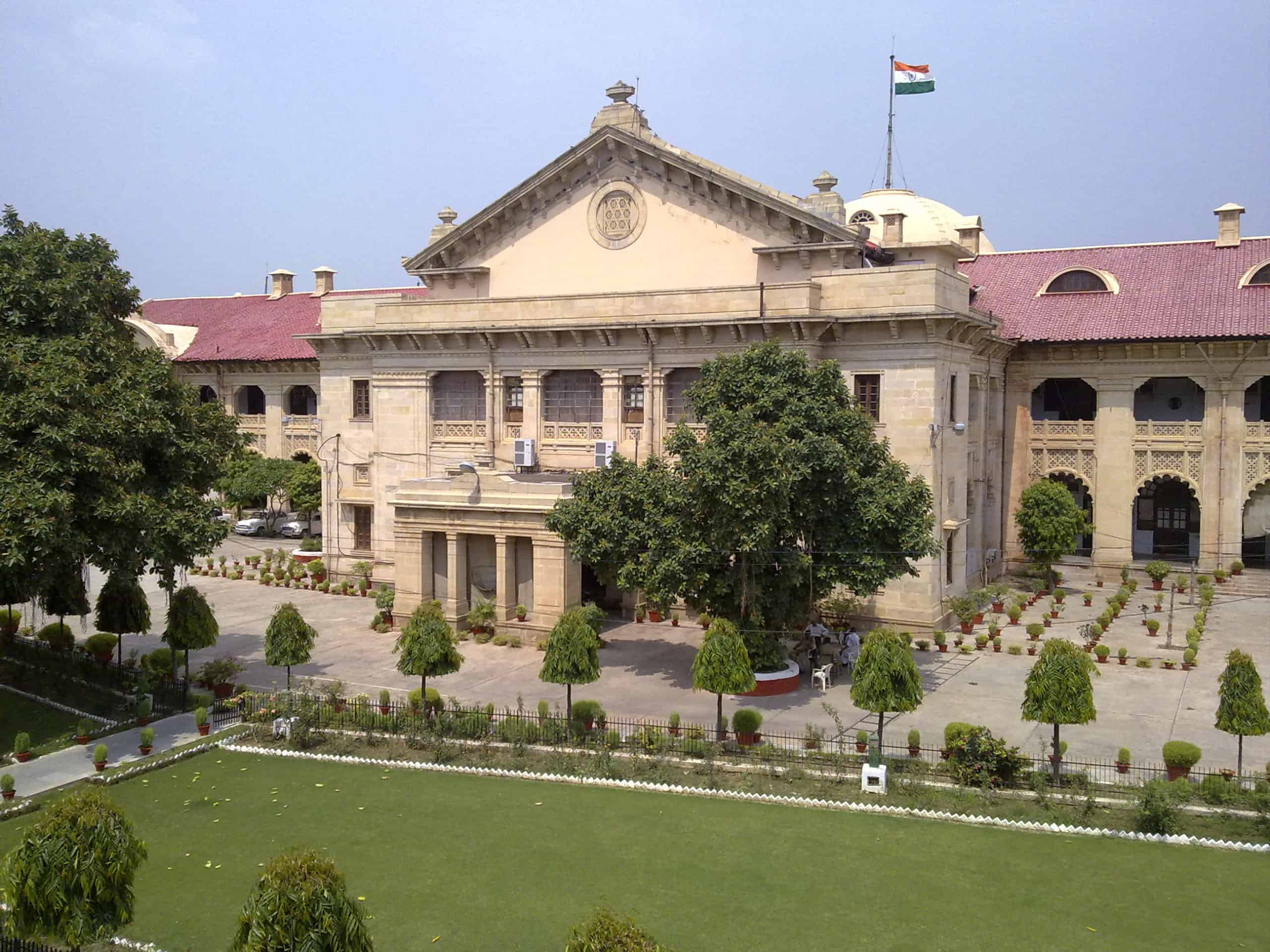The Supreme Court has acquitted a man convicted of sexually assaulting his “wife” when she was a minor over 10 years ago.
The fact that the woman and her parents told the court that the relationship was “consensual” and she was not kidnapped helped the man go scot-free.
The trial court in Karnataka had convicted the man under the Protection of Children from Sexual Offences (POCSO) Act for 10 years’ rigorous imprisonment and ₹1 lakh in fine.
Before POSCO Act
The High Court had, however, altered the conviction from the offence under the POCSO Act to Section 376 (rape) of the Indian Penal Code. The High Court justified that the alleged incident happened a month before POCSO Act came into existence, and so the law would not apply in this case. The POCSO Act was implemented from November 2012 while the incident in question occurred in September 2012.
The man appealed in the Supreme Court, which in turn saw the woman file an affidavit saying she was “married to the appellant and that they have also begotten a child out of the said wedlock. It is a specific case of the appellant that the appellant had married the prosecutrix and their relationship was consensual”.
A Bench led by Justice B.R. Gavai referred to how sexual intercourse in marriage would not amount to rape under the penal code. “In the result, the conviction is not sustainable… The appellant is acquitted of the charges charged with. He is directed to be set at liberty,” the court ordered.
The order in the case precedes the top court’s scheduled hearing, from March 14, of a series of petitions seeking to criminalise marital rape.
The Karnataka High Court had earlier held that a husband was liable to be charged for rape under the Indian Penal Code (IPC) if he has forcible sex with his wife. The Karnataka government had supported the High Court judgment in an affidavit in the top court subsequently.
Exception two to Section 375 of the IPC decriminalises marital rape and holds that sexual intercourse by a man with his own wife, who is not under 18, without her consent is not rape.
“A man is a man; an act is an act; rape is a rape, be it performed by a man the ‘husband’ on the woman ‘wife’,” the Karnataka High Court had observed in its decision, saying an accused should undergo trial regardless of the immunity in the penal code.
In May last year, a Division Bench of the Delhi High Court delivered a split verdict in a separate case on the identical issue. Justice Rajiv Shakdher, who headed the two-judge Bench, struck down as unconstitutional the Exception two to Section 375 of the Indian Penal Code (IPC).
However, Justice C. Hari Shankar, the associate judge on the High Court Bench, had rejected the plea to criminalise marital rape, noting that any change in the law should be carried out by the legislature since the issue required consideration of various aspects, including social, cultural and legal.
The Karnataka government has referred to the report of the Justice J.S. Verma Committee of 2013, which had recommended the removal of the exception for marital rape and proposed that the law should specify that “marital or other relationship between the perpetrator or victim is not a valid defence against the crimes of rape or sexual violation”.
The petitioners, including one by activist Ruth Manorama, has argued that the Exception undermined women’s consent to sex and violated bodily integrity, autonomy and dignity.
Source Link




